When it comes to the cognitive development of your toddler—meaning their ability to understand, communicate, think, imagine, create memories, and predict what might happen next—play is absolutely essential. One of the principal ways that a child explores the world around them is through play, which allows them to simultaneously experiment, think, problem-solve, and learn.
With that in mind, setting aside time to play with your toddler can boost their cognitive development. This will help to build your relationship with them while also sending them a clear message about how important they are to you. This will help your child learn who they are, discover where they fit in the world and give them the confidence to continue with their exploration of the world around them.
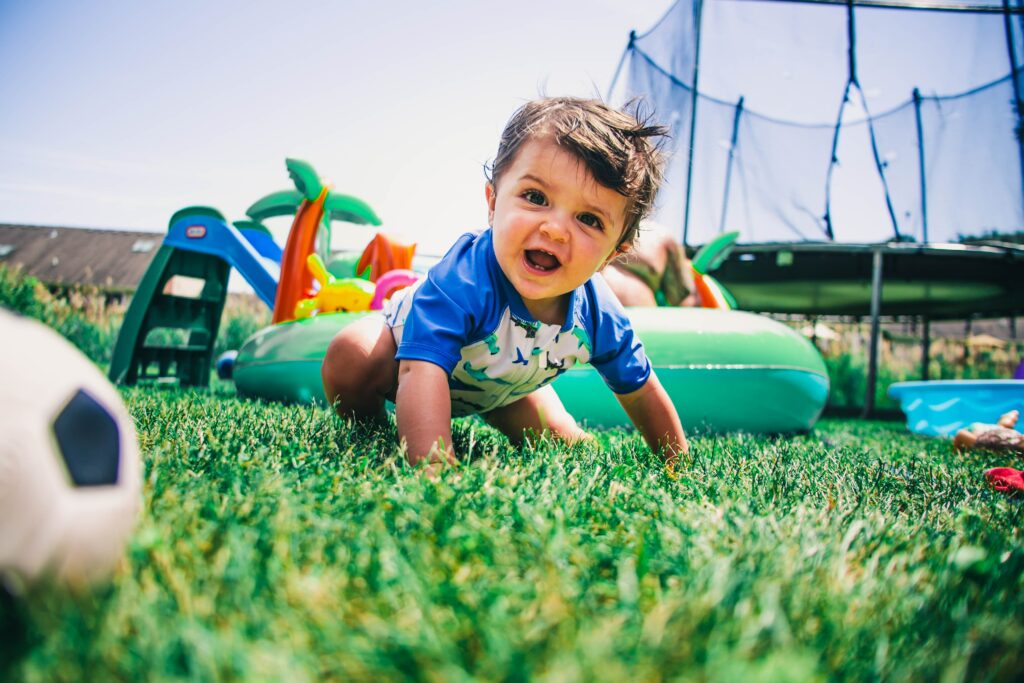
Here are some toddler-friendly play ideas you can use to help your child develop their thinking and learning skills:
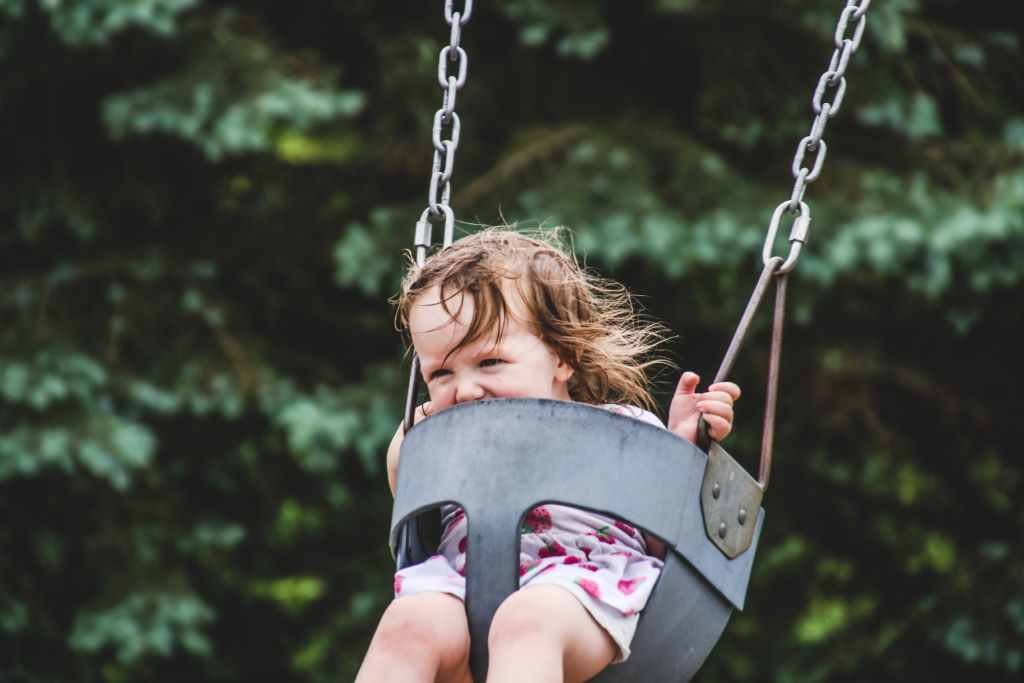
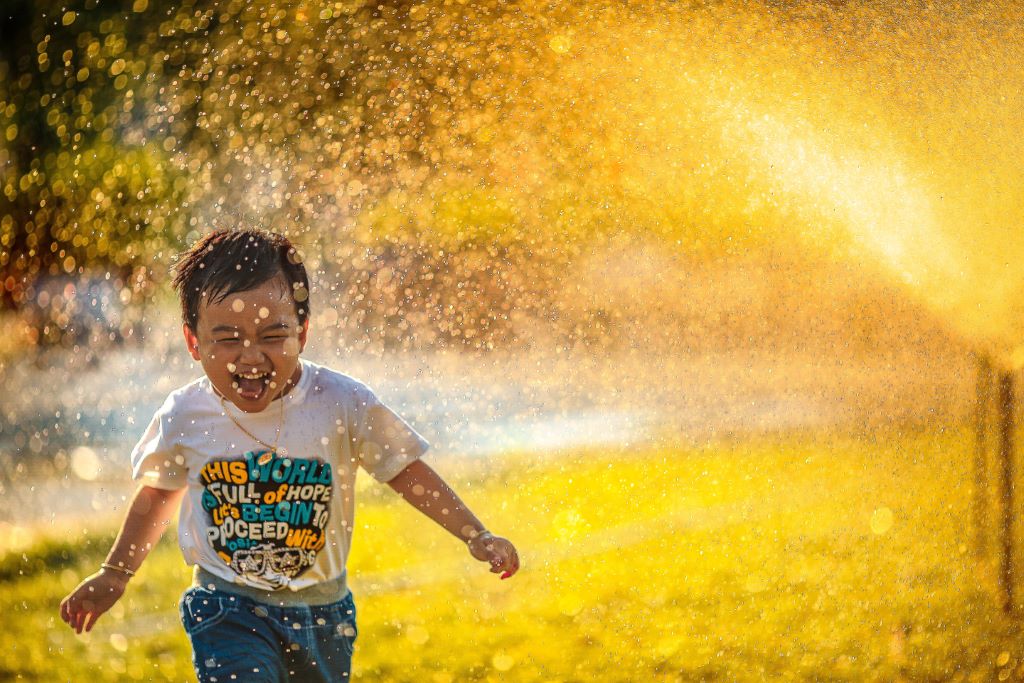
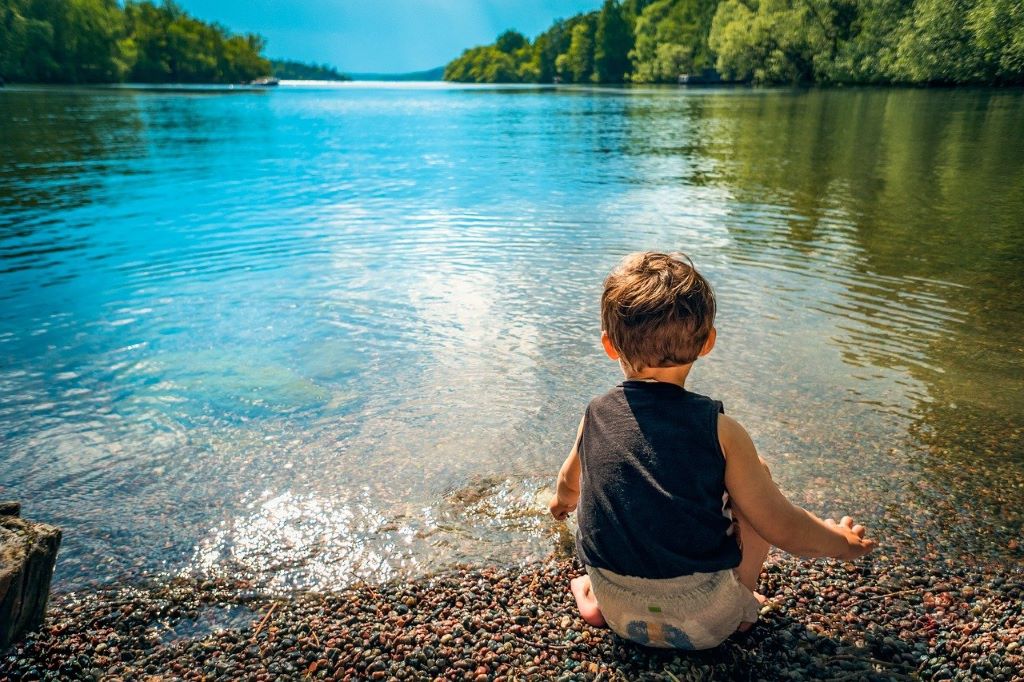
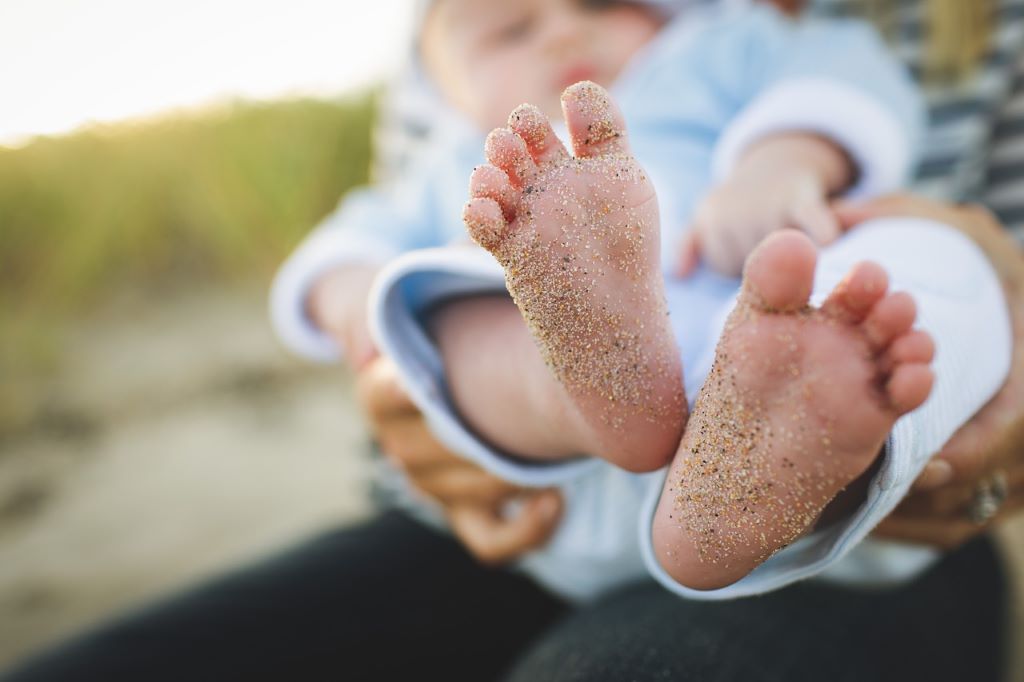
The current international guidelines recommend no screen time for children under the age of two—except for video chats with people that they know. Young children learn best in the real world, including physical, outdoors, and creative play as well as social time with friends and family.

Hreyfiland is a family gym that offers play-based movement development classes led by a qualified child motor development therapist.